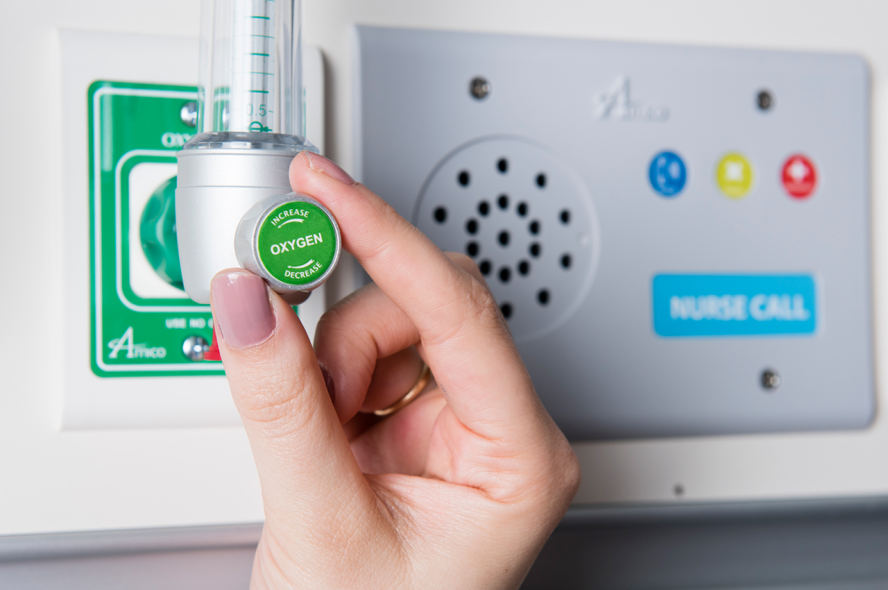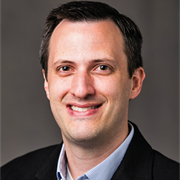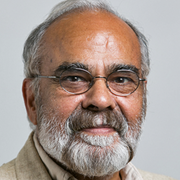Human Factors in Medical Devices and Systems
Spring: Sep 15
Summer: n/a
Overview
The Human Factors in Medical Devices and Systems certificate prepares students to help make medical devices and systems safe, effective, and satisfying to use. You will develop and enhance your skills in medical/health technology assessment, validation, and overall design. The certificate is particularly relevant for human factors professionals, user interface designers, and anyone working in the medical device industry.
Tufts School of Engineering has a long history of expertise in human factors engineering, biomedical engineering, and the design of medical devices and systems. Tufts provides students with the best of both worlds: a student-centered experience at a topnotch research university. You’ll join small classes where your professors know you by name, and immerse yourself in cutting-edge, interdisciplinary research topics under the guidance of innovative faculty.
This program is offered in collaboration with the Department of Psychology, the Department of Mechanical Engineering, and the Department of Occupational Therapy.
Program Highlights
The Medical Devices and Systems Certificate Program is offered both through a 100% online modality or a hybrid experience with online and in-person courses. The program consists of four courses, many available as evening classes. Two of these courses include Medical Fundamentals and Human Factors in Medical Technology. Electives may be chosen from various departments including mechanical engineering, psychology, computer science, occupational therapy, and more.
The human factors program is distinguished by its opportunities to work closely with faculty every step of the way. Students have the chance to collaborate with and learn from some of the most renowned experts in the country, all while seamlessly transitioning from graduate studies to a full-time career. View the program brochure.
Certificate students interested in earning a master's degree can often apply these certificate courses toward a master's degree in human factors engineering.
Application Requirements
- Application Fee
- Resume/CV
- Personal Statement
- Transcripts
- One letter of recommendation
- Official TOEFL, IELTS, or Duolingo test scores (if applicable)
- Mechanical Engineering requires a minimum TOEFL score of 100, IELTS score of 7.5, or Duolingo score of 120 for admittance
Tuition and Financial Aid
We recognize that attending graduate school involves a significant financial investment. Our team is here to answer your questions about tuition rates and scholarship opportunities. Please contact us at gradadmissions@tufts.edu.
Career Outcomes
The need for human factor specialists in the medical device and systems industry is stronger than ever before. The role of human factors engineers is crucial to ensuring the safe, effective, and satisfying use of medical devices, including those that deliver drugs and perform life-critical tests. Their expertise is valued in a variety of contexts, making contributions to new product development, consulting firms, and organizations directly engaged in delivering medical care to patients, among others.
A widely cited report published in 2016 suggests at least 250,000 patients die each year due to medical error, making it the third leading cause of death in the USA. A large percentage of these deaths are related to poor user interface design. The U.S. Food and Drug Administration (FDA) now requires the manufacturers to Class II and III devices to apply human factors engineering throughout the device development process and validate that representative users can operate them safely.

Who Should Apply?
- Individuals with at least a bachelor's degree in a related discipline (or work experience) who wish to focus their career on medical devices and systems.
- Scientists, engineers, and other professionals who seek a deeper understanding of human factors to enhance the work in which they are already involved.
- Project and product managers who also seek a deeper understanding of human factors, enabling them to achieve the goal of developing and commercializing medical devices and systems.
- Individuals working to improve patient safety, noting that greater safety comes from optimizing the quality of interaction between medical devices and systems and their users.
Faculty

Michael Wiklund

Michael Wiklund
Research/Areas of Interest: human factors

Jason Rife

Jason Rife
Research/Areas of Interest: navigation, safety-critical transportation systems, state estimation, human-robot interaction

Daniel Hannon

Daniel Hannon
Research/Areas of Interest: human factors, airspace systems

James Intriligator

James Intriligator
Research/Areas of Interest: Human Factors Engineering, Innovation, Design Thinking, AI-powered Innovation and R&D, Human Machine System Design, Robotics, Machine Learning, Perception, Psychology

Gary Leisk

Gary Leisk
Research/Areas of Interest: machine design, nondestructive testing

Luisa Chiesa

Luisa Chiesa
Research/Areas of Interest: sustainable energy, superconducting materials, materials science

Jeffrey Guasto

Jeffrey Guasto
Research/Areas of Interest: biophysics and soft matter, microscale fluid mechanics and transport phenomena, microfluidic devices

Marc Hodes

Marc Hodes
Research/Areas of Interest: heat transfer, apparent slip, thermal management of electronics, mass transfer in supercritical fluids and thermoelectricity, material science

Mark Kachanov

Mark Kachanov
Research/Areas of Interest: Mechanics of materials; effective properties of heterogeneous materials; microstructure-property relationships; applications to material science

Erica Kemmerling

Erica Kemmerling
Research/Areas of Interest: Fluid mechanics, flow in the human body, hemodynamics, aneurysms, heart development, flow in tumors, cardiac assist devices

Douglas Matson

Douglas Matson
Research/Areas of Interest: solidification processes, thermal manufacturing, machine design, materials science

Pratap Misra

Pratap Misra
Research/Areas of Interest: GPS, emerging satellite navigation systems

Chris Rogers

Chris Rogers
Research/Areas of Interest: Engineering Education, Human Robot Interaction, Mechanical Engineering, Music Engineering, Artificial Intelligence and Image Processing

Anil Saigal

Anil Saigal
Research/Areas of Interest: materials engineering, materials science, manufacturing processes, quality control

Jivko Sinapov

Jivko Sinapov
Research/Areas of Interest: Artificial Intelligence, Developmental Robotics, Computational Perception, Robotic Manipulation, Machine Learning, Human-Robot and Human-Computer Interaction

Holly Taylor

Holly Taylor
Research/Areas of Interest: Spatial Cognition, Language, Memory

Thomas Vandervelde

Thomas Vandervelde
Research/Areas of Interest: Interaction of light with matter, physics of nanostructures and interfaces, metamaterials, material science, plasmonics, and surfactants, semiconductor photonics and electronics, epitaxial crystal growth, materials and devices for energy and infrared applications.

Kristen Wendell

Kristen Wendell
Research/Areas of Interest: learning sciences, engineering education, design practices, classroom discourse, engineering knowledge construction

Robert White

Robert White
Research/Areas of Interest: Microelectromechanical Systems (MEMS) fabrication, modeling, and testing. Particularly acoustic MEMS (microphones, ultrasound), and aerodynamic measurement technologies (skin friction sensors, aeroacoustic sensors). Acoustics, vibrations, dynamics and controls. Electromechanical systems including robotics. Finite element methods and system modeling. Electronics for measurement. Mechanical measurements.

Michael Zimmerman

Michael Zimmerman
Research/Areas of Interest: novel polymer electrolytes for batteries, liquid crystal polymers, composite materials, materials science